Chicken Husbandry
By Arah Ko
You help prop up two plastic folding tables on the lawn and dress them in black twenty-gallon garbage bags. Aunt Em rolls up her sleeves and hoists a vat onto a propane burner, fills it with water from her garden hose. The burner click click clicks to life and the low bubble fades into the background. The gas stings your eyes.
You asked for this. You decided at the age of nine when your mom left your dad in Chicago and moved back in with her parents in Hawaii, giving you a dozen chicks in his place, that if you couldn’t do this you had no business eating meat, or raising animals, and should probably leave the island altogether. You weren’t born here, in the jungles and pastures, but you know what it takes for a transplant to wither. And it was wasteful to shoot the extra cocks with bb pellets and leave them in the cane grass to rot. So when the time came to process this year’s extra flock, you volunteered.
In the backyard, twenty-two chickens squat in a mesh pen on the bright green grass, their bodies slashes of auburn, white, gray. They’ve been fasted for two days; you resist the urge to feed them one last meal.
Aunt Em’s then-husband kills the first one. In the years that follow, you’ll forget his name. It’s from him you learn the objective is to be quick about it. Once the neck is stretched on the woodblock, you slice quickly and with your sharpest knife. The quicker and sharper, the more merciful, the less violently the body jerks when you hang it upside down to bleed. The work is hotter and messier than you expected, their beady eyes—unbearable to look at. Chicken blood spatters on your clothes, dries to brown.
The next part is the worst. Aunt Em seizes the blooded rooster with one rubber-gloved fist and plunges the bird into the pot of boiling water. After that, the scent of singed hair will always make you gag.
Once loosened, the sopping animal is plopped in front of you on the folding table. You rip handfuls of nasty feathers from the bird—they pop out at the quill, ooze a yellow liquid. You recognize the last of the roosters by its lovely coloring, speckled, with feathered feet. You raised it from a chick, its feathers downy like a cotton ball, eyes dark and shiny. He was always at his brother’s throats, biting and scratching you, one of too many roosters disrupting the careful balance of the flock. A bad husband, Aunt Em called him.
After that, it gets better. A defeathered chicken looks more like meat. It’s easy enough for you to pull the organs out, save some for stock, careful of the yellow-green bile pouch. When Aunt Em applauds your unflinchingness, says you’re nothing like your father, you flush with pleasure. At the praise, you pick up steam, say, “It’s almost like cooking!” severing the knees at the tendon, scraping the lungs out with your fingernails. You cut open one rooster so perfectly, two white testicles roll out and bounce on the table. You laugh. It’s funny.
Then it’s done. Aunt Em bags the birds in clear plastic, and you toss them into a cooler. They’ll go to feed four families this season, one of them yours. You hose fluid and loose feathers off the tables, satisfied that you belong here. Bloody water soaks into the ground.
Years from now, you’ll be surprised at how much you miss this moment, how you’ll come to hate the glossy, clean packages of processed meat in your urban Whole Foods. The way you pretended you could taste the earth, worms, and rotten sweet potatoes your chickens ate as you devoured their muscular, baked thighs. The messy dignity of looking your food in the face and knowing what it costs beyond the sticker label.
In the backyard, Aunt Em lights a cigarette that will prove to kill her, sucks dark smoke into her lungs, blows it out through both nostrils. She tells you something then you choose not to remember, will regret not remembering. You’re busy. You’re thinking about your living flock, mostly egg-layers, all of them beautiful: Light Brahmas, Partridge Cochins, Silver-laced Wyandotte. What are they doing now? Nosing through the compost, probably digging up your mother’s garden. One hen is broody, fluffed up on a nest. She trusts you so much, she lets you count the eggs with your fingers, one by one.
—
About Author
Arah Ko is a writer from Hawai'i. She has been nominated twice for Best New Poets and her work is published or forthcoming in Ninth Letter, Threepenny Review, Palette Poetry, New Ohio Review, Salt Hill, Colorado Review, and elsewhere. Arah received her MFA in creative writing from the Ohio State University in 2023 where she served on the staff of The Journal. When not writing, she can be found tending to a jungle of houseplants with her cat, Anakin. Catch her at her website or follow her on Instagram/X.
